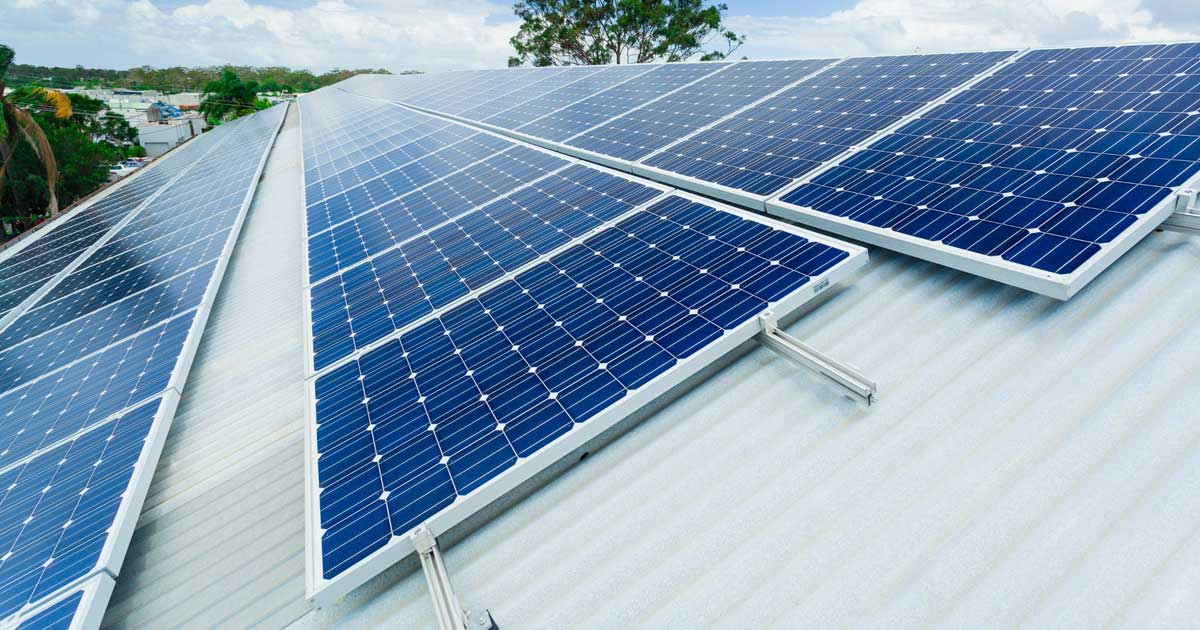4 Factors That Will Help You Compare Residential Solar Photovoltaic Systems

You’re in the market for a residential solar energy solution that will either allow you access to power when the grid is down, or in order to disconnect from the grid entirely. It helps to know that not all systems are set up to convert sunlight and heat into energy. As you compare the merits of different solar photovoltaic systems, keep the following in mind. Doing so will help you make the right choice for your property.
System Energy Efficiency Rating
How effective is the array in terms of collection and conversion? With systems that include batteries, you want to know that keeping them charged is not a difficult or long process. As it relates to conversion for real-time use, it’s imperative to have a system that can meet or exceed the home’s usage.
You will find that all the systems you consider will come with details about overall efficiency. Drill down into the specifics and make sure the system will do what you need, even in an emergency situation. That’s the best way to feel assured that you will be prepared for just about anything.
Configuration
Solar energy systems designed for the home come in a number of configurations. Designs elements vary, depending on whether you want to use a combination of power from a grid and your own system, or if you want to rely solely on your setup. There are benefits to each of the options.
Look closely at how you plan on using the system. Will it be a means of limiting how much power you use from the grid? Will the primary use be as a backup that kicks in when the grid is down?. Do you want to make the system your primary source of power and not rely on the grid at all? Knowing what you want to accomplish will help point you toward system designs that meet those needs.
Warranty Protections
Always take a close look at the warranties that come with any of the solar photovoltaic systems you are considering. The goal is to be aware of what components are covered in the terms and conditions, how the scope of coverage changes as the system ages, and even if it’s possible to invest in an extended warranty for a period of time.
While the hope is that nothing happens with the system, it never hurts to have some sort of support that you can call upon. Along with any maintenance plans that are offered, a warranty that would cover the major components if there’s a failure due to manufacturer error would go a long way toward protecting your investment.
The System’s Projected Life
How long does the manufacturer predict that the system will continue to function? You’ll find that many systems are designed to remain in full service for up to 25 years. Even so, be aware that there are systems in use today that have been around for longer periods. Your goal is to pick one that has a high probability of lasting for longer than the projected life.
Doing so will allow you to enjoy more benefits from the initial investment. It also buys you more time to set aside resources that can be used to purchase a new system when the time comes.
Remember that investing in this type of system is considered a major purchase. Feel free to ask any questions that are on your mind, and weigh the responses carefully. Taking your time and considering all of your options will increase the odds of choosing the ideal system for your home.









